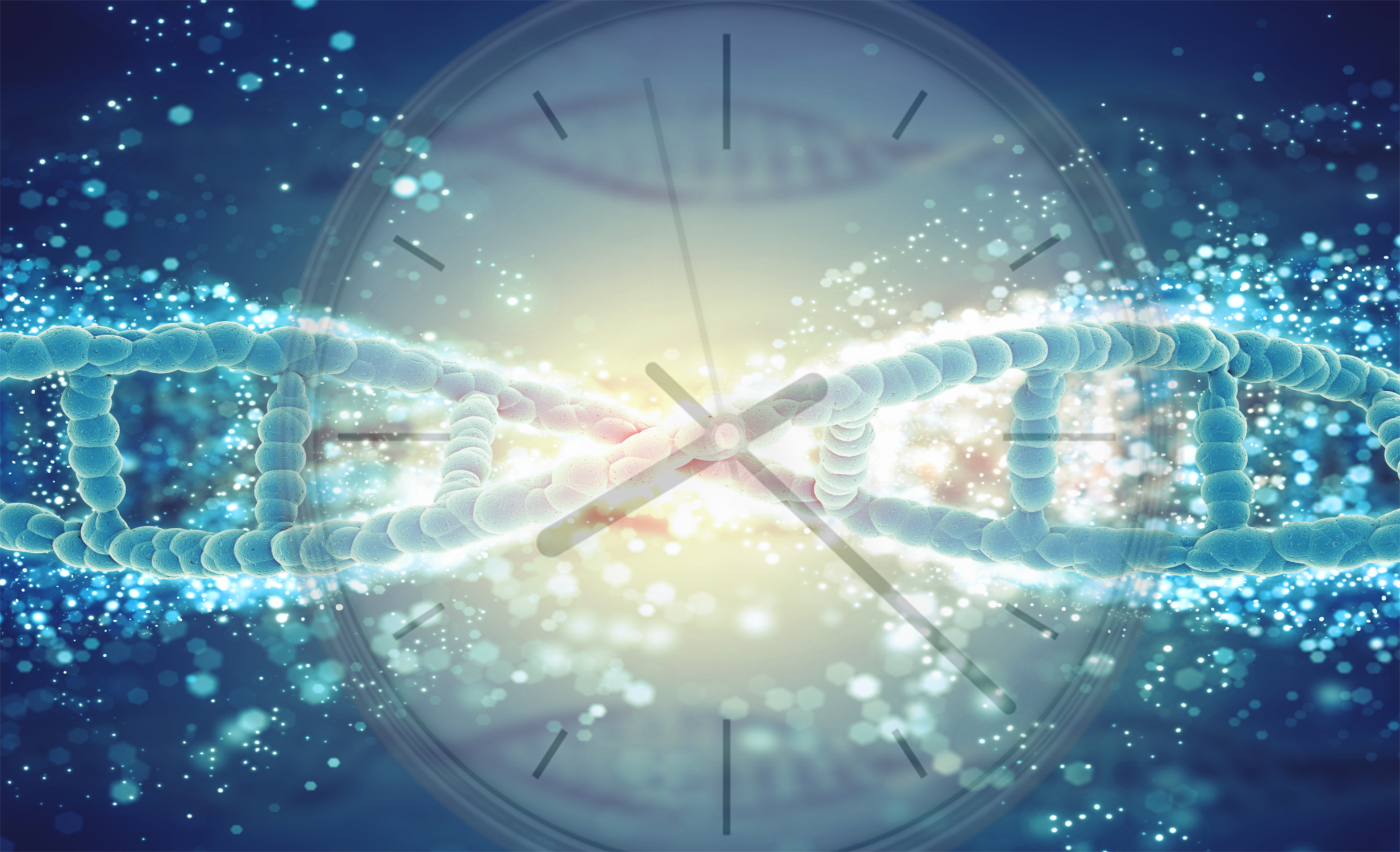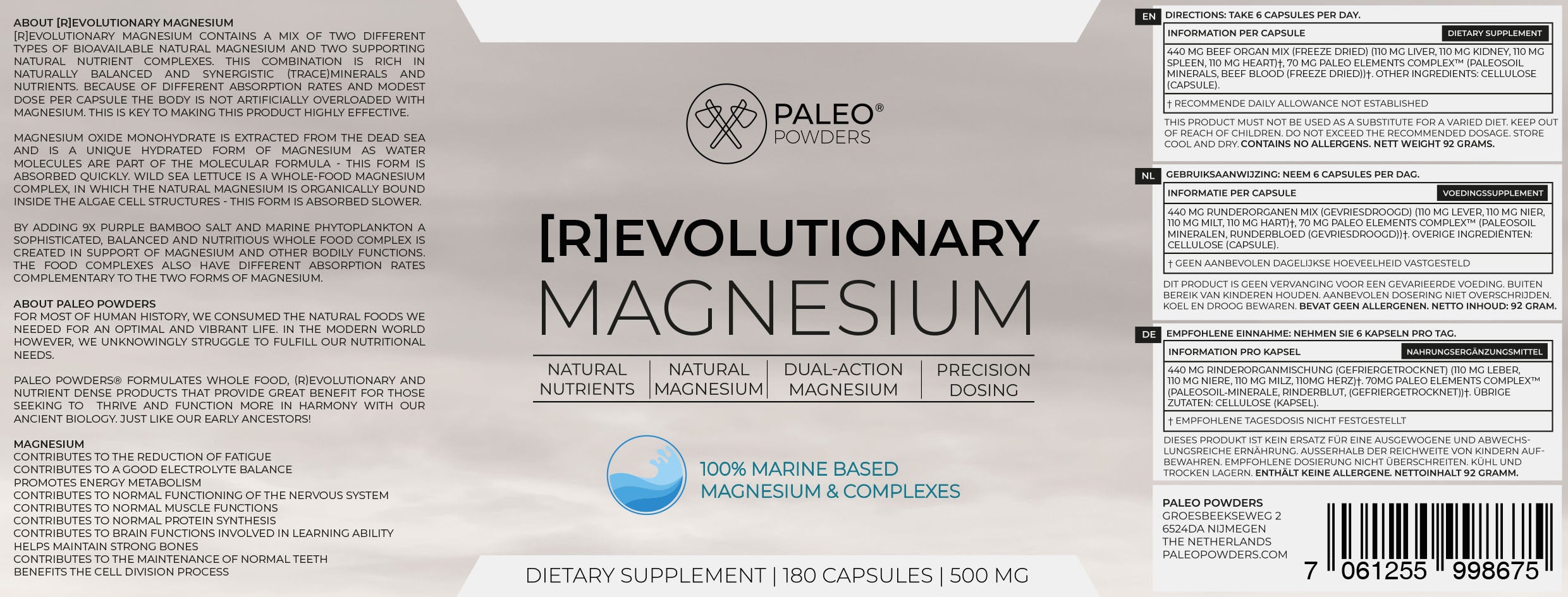
Back to Nature: Restoring your Circadian Rhythm
The human body is an ingenious system that functions in harmony with the natural rhythms of the world around us. One of the most important rhythms that our bodies are attuned to is the circadian rhythm. This internal clock mechanism influences our sleep-wake cycle, hormone production and overall health. In this blog we take a closer look at what exactly the circadian rhythm is, where it comes from, which modern disruptions can influence it and how you can restore it.
What is the circadian rhythm?
The circadian rhythm is a biological rhythm that lasts approximately 24 hours and influences the physiological processes in our body. It regulates our sleep-wake cycle, body temperature, appetite, hormone production and cognitive functions, among other things. It is controlled by an internal clock in the brain, the suprachiasmatic nucleus (SCN), which is sensitive to external signals such as light and dark.
Where does the circadian rhythm come from?
The circadian rhythm has deep evolutionary origins and is rooted in the cyclical changes of day and night on Earth. For thousands of years, humans were deeply connected to the natural environment and attuned to the natural light cycle. They woke up at sunrise and went to sleep at sunset, in harmony with the rhythm of nature.
Modern disruptions of the circadian rhythm
Unfortunately, modern lifestyles and technological advancements have led to disruptions in our circadian rhythm. Some important disruptive influences are:
1. Artificial blue light
Electronic devices such as smartphones, tablets and computers emit blue light that is similar to the light from the sun. Exposure to this light in the evening can suppress the production of the sleep hormone melatonin and make it difficult to fall asleep.
2. Irregular sleep patterns
Having irregular sleep patterns, such as going to bed late and getting up late, can disrupt the circadian rhythm. The body needs regularity and consistency to function optimally.
3. Night shifts and jet lag
Working night shifts or frequent travel across multiple time zones can disrupt the circadian rhythm. The body needs time to adapt to new light-dark cycles.
Restoring the circadian rhythm
Fortunately, there are ways to restore our circadian rhythm and live in harmony with our biological clock. Here are some practical tips:
1. Exposure to natural light
Spend as much time as possible outside during the day and expose yourself to natural sunlight. This helps your body detect daylight and promote melatonin production in the evening.
2. Create a sleep-friendly environment
Provide a dark, cool and quiet sleeping environment. Limit exposure to artificial light, especially blue light, and avoid electronic devices at least an hour before bedtime.
3. Maintain a regular sleep pattern
Try to go to bed and get up at the same time every day, even on weekends. This helps your body maintain a consistent rhythm.
4. Limit caffeine and stimulants
Limit the consumption of caffeinated beverages, such as coffee and energy drinks, especially in the late afternoon and evening. These can disrupt your sleep.
5. Practice relaxation techniques
Practicing relaxation techniques such as meditation, breathing exercises and yoga can help reduce stress and balance your circadian rhythm.
6. Enjoy the sunrise and sunset
Make it a habit to go outside early in the morning and experience the sunrise. The natural morning light helps your body set its internal clock and increase your energy levels. In the evening, just before sunset, you can also be outside and admire the sunset. This helps your body prepare for the night and promote melatonin production.
The circadian rhythm is an essential rhythm that brings our bodies into harmony with the natural cycles of the world around us. However, in modern society we are exposed to disruptions such as artificial blue light and irregular sleep patterns. By being aware of these influences and choosing a healthy lifestyle with sufficient exposure to natural light, regular sleep, relaxation and enjoying the sunrise and sunset, you can restore your circadian rhythm. This will help you feel more energetic, balanced and in tune with nature.








